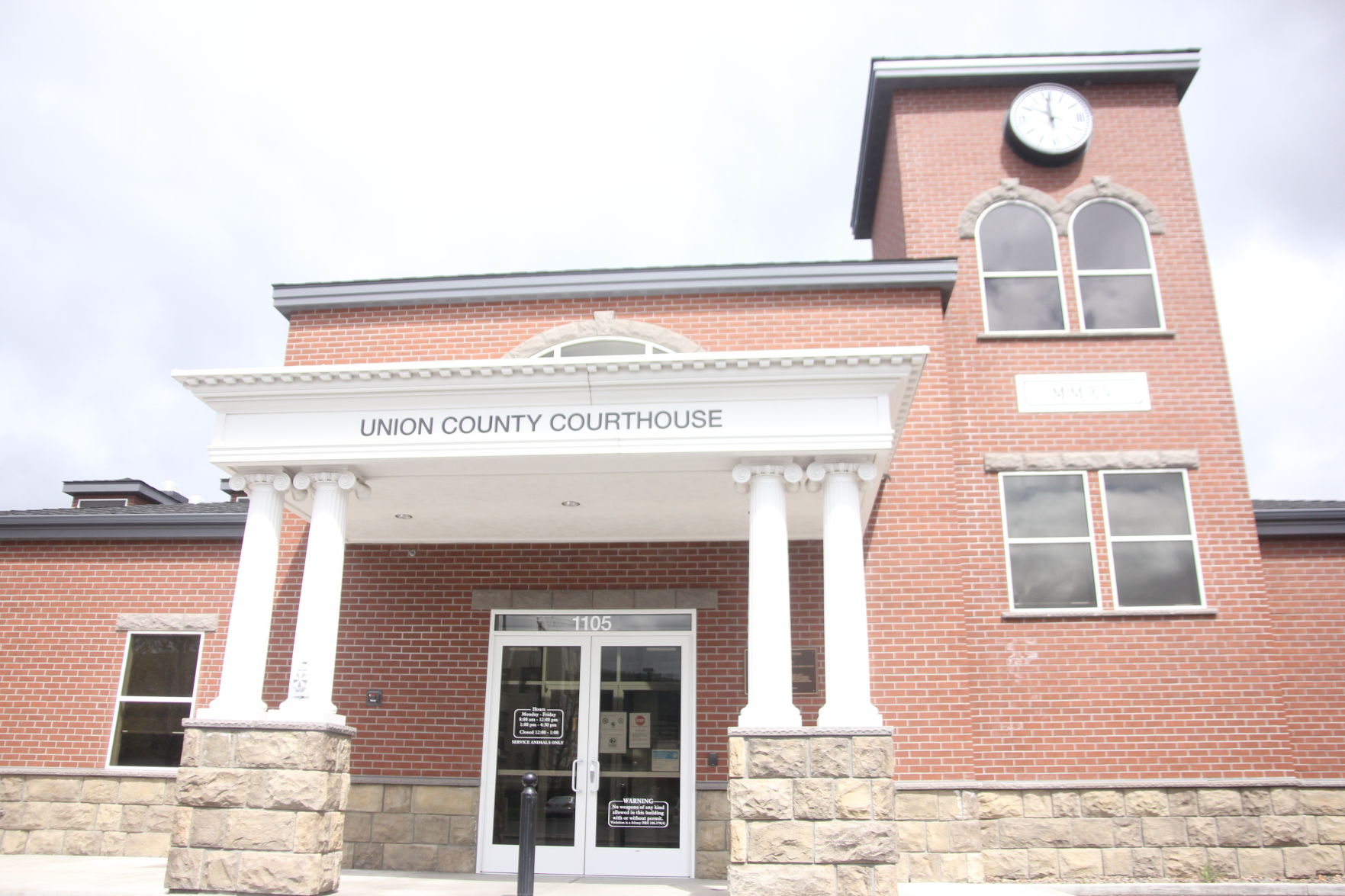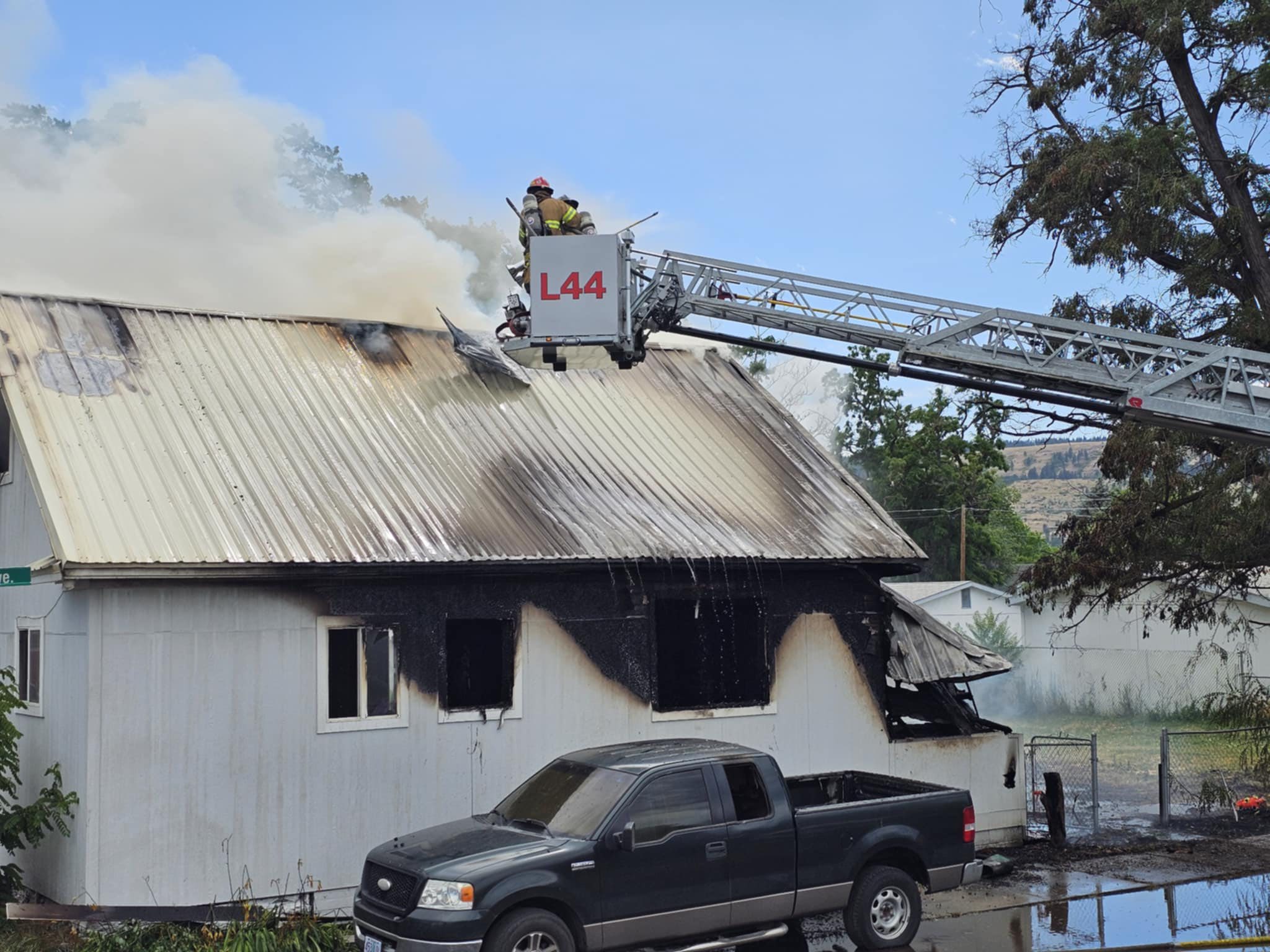How Oregon’s pandemic recession measures up against past downturns
Published 7:00 pm Sunday, March 27, 2022
SALEM — Two years after the steepest, deepest economic collapse in Oregon history, the state’s labor market has recovered nearly all of what it lost.
Oregon shed an astonishing 280,000 jobs in the first two months of the pandemic as unemployment spiked to an all-time high, 13.2%. The latest jobs numbers out this past week show employment is now 98% of what it was before the pandemic layoffs began, with the jobless rate back near an all-time low at 4%.
It took Oregon nearly seven years to regain the jobs it lost to the Great Recession. State forecasters expect Oregon employment will be all the way back from the pandemic recession this fall.
“It is really remarkable how strong the recovery has been,” said Anna Johnson, an economist with the Oregon Employment Department. The current rebound has outpaced each of Oregon’s prior downturns over the past 30 years.
The unprecedented, sharp job decline early in the pandemic explains part of the reason why the comeback was so fast.
“It happened really quickly, so the recovery started really quickly as well,” Johnson said. “During the Great Recession there was a long, slow build of those job losses, which led to a long, slow buildup of job gains.”
Oregon shut down bars, restaurants and other social spaces almost overnight early in the pandemic. Travel ground to a halt, prompting hotels, museums and other tourist attractions to lay off their workers by the tens of thousands. Johnson said roughly 40% of Oregon’s initial pandemic job losses were in the hospitality industry.
During the Great Recession, many of the lost jobs were in construction, manufacturing and other skilled work. Hospitality jobs are comparatively easy to fill because they don’t require as much training.
That doesn’t mean it’s been easy. Oregon, like the rest of the country, continues to face an extreme labor shortage. The pandemic disrupted the labor market just as it disrupted supply chains, and Oregon’s hospitality sector still has 14,600 fewer jobs than before the pandemic — a big part of the reason Oregon’s labor market isn’t yet all the way back.
Oregon’s economy did benefit from the billions of dollars in federal pandemic relief, which helped keep businesses afloat during a stretch when they had no revenue at all and helped unemployed workers balance their budgets with expanded weekly benefits.
As a result, Johnson said businesses and households kept spending through the pandemic, muting the effect of what would otherwise have been a catastrophic economic disruption.
“Which is not to say that there aren’t lasting impacts. Not everybody has experienced the recovery,” Johnson said.
Many workers had their careers derailed, and many firms couldn’t withstand the complete loss of revenue they experienced early in the pandemic, or the months of uncertainty that linger even now.
Beyond that, the economy still hasn’t settled out from the pandemic’s extreme effects on the labor market and supply chain, Johnson said, “which is leading into the inflationary pressures that we’re seeing.”









